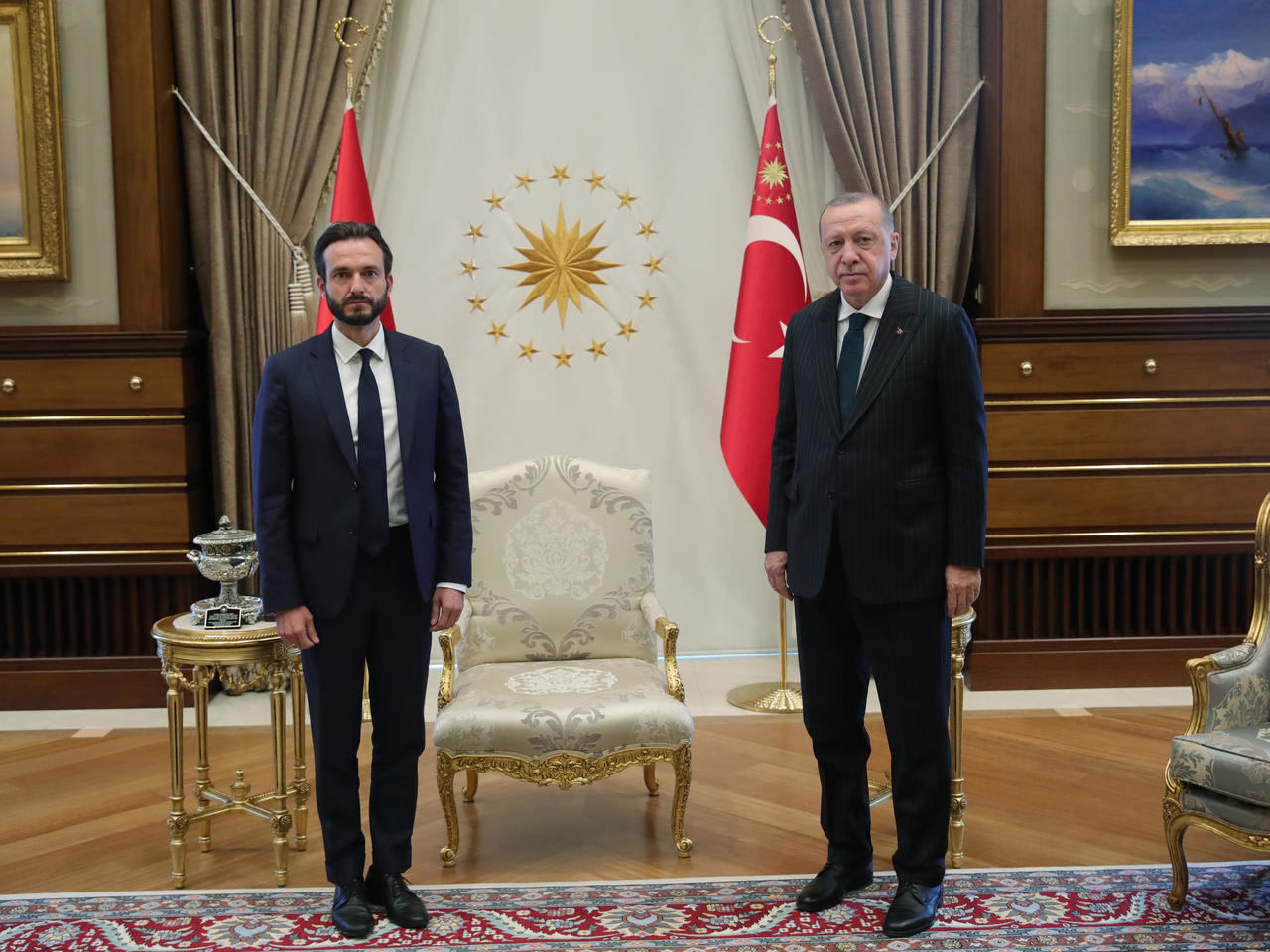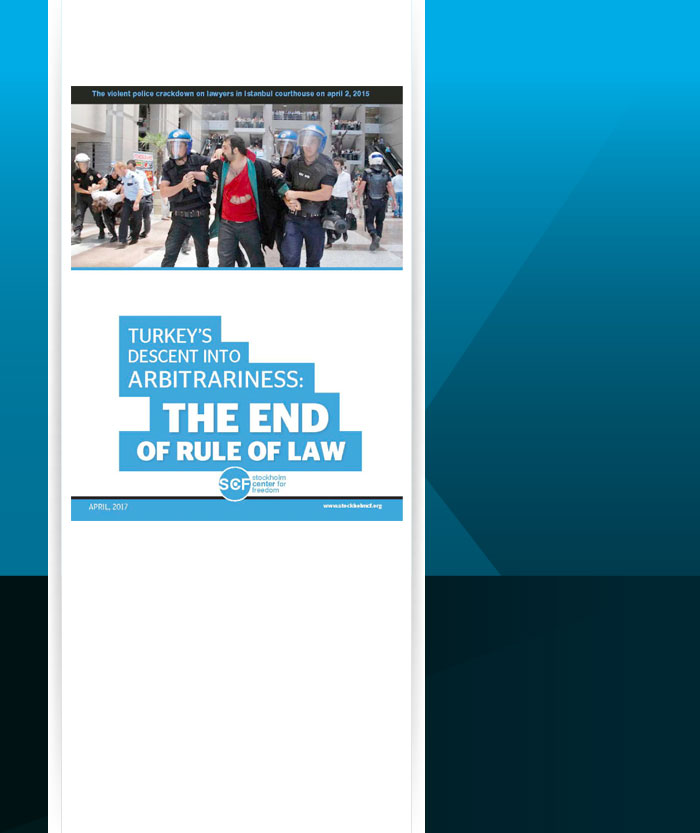Robert Spano, chief judge of the European Court of Human Rights, has paid a three-days visit to Turkey on the invitation of the Turkish Ministry of Justice. The visit occurred amidst the tension between the Strasbourg court and the Turkish courts as the latter recently declared that it does not have to implement ECtHR rulings concerning the situation of dismissed and arrested judges in the wake of the failed coup attempt. The Turkish judiciary has already conflicted with the ECtHR for a while. The most prominent example is the case of Osman Kavala. Spending more than 1000 days in jail, Kavala must have already been released following ECtHR’s verdict on his arbitrary detention. However, the 63 year old philanthropist is still being kept in prison for trumped up charges. Other cases that create tension between Turkey and the Strasbourg are the cases of Kurdish political leader Demirtas and the former judge of the Constitutional Court Alpaslan Aslan. Both are also still in jail despite the ECtHR ruled on their arbitrary detentions. Already hit by load of Turkish cases submitted in the aftermath of the failed coup, yet another criticism was directed towards the Court’s way of handling these cases. Many accused the Court of collaborating the Turkish government to defy the workload.
Amidst these crisis, Judge Spano went to Turkey and spent three fully scheduled days. First, he delivered a speech in the Justice Academy. In his speech, reminded the basic principles of the rule of law and the independence of the judiciary without mentioning Turkish government relentlessly purged nearly 5000 judges. Today, everyone knows that no single ruling has been issued by judges against the willing of the government. According to Turkish law experts, Spano’s speech did nothing but legitimize the government’s unjust practices although he talked about judge Altan’s case and the importance of the implementation of the ECtHR rulings. Judge Spano also met with President Erdogan, the speaker of the Turkish Prliament and chief judges of the Turkish top courts including the Constitutional Court.
Very much controversial is that he received an honorary doctorate from Istanbul University where nearly 200 academics were fired during the post-coup State of Emergency with no court rulings but governmental decrees. Renown academic and journalist Mehmet Altan, brother of famous novelist Ahmet Altan who has been in prison since 2016, published an open letter before Spano’s visit in which he called him to reject this award to protect his impartiality. Altan emphasized that cases of many academics including himself who have been sacked by Istanbul University are awaiting the review of the ECtHR. Receiving this award might deteriorate his impartiality according to Altan and many other critics. Controversies continued as the chief judge of the ECtHR did not allow journalists and students to attend the ceremony to avoid being publicly protested.
What added insult to the injury was Spano’s visit to the city of Mardin which is a Kurdish city. Ahmet Turk, Mardin’s elected mayor was removed by the government in 2019 and a government official has been appointed as the trustee. Currently 45 out of 56 elected mayors in Kurdish cities have been removed by the government and trustees have been appointed in their places. Spano’s visit to the city of Mardin has created an impresion that the government scheduled the visit to legitimize the politically motivated removals by means of the Europe’s top judge. Speculations have escalated after the photos of his visit to an empty school in weekend together with the Turkish judge Saadet Yuksel and her brother who is a former MP of the ruling AK Party was published online. The women branch of the AK Party has deleted the photos from its twitter account shortly after the criticisms started. Much more speculatively, some journalists who are affiliated with the Kurdish political movement claimed that Judge Spano has an intimate relationship with the ECtHR’s Turkish judge Saadet Yuksel and call him to resign.
To sum up, Judge Spano’s visit to Turkey has faded hopes of Turkey’s persecuted dissidents. He obviously violated the ethical principles declared in the Resolution on Judicial Ethics adopted by the Plenary Court in 2008. According to the Resolution, judges “shall refrain from any activity or membership of an association, and avoid any situation, that may affect confidence in their independence.” Also, the Resolution requires to “ take care to avoid conflicts of interest as well as situations that may be reasonably perceived as giving rise to a conflict of interest.” Last but not least, “Judges shall not accept any gift, favour or advantage that could call their independence or impartiality into question”. What Spano did during his visit has heavily harmed his reputation and deteriorated the credibility of the Court.



